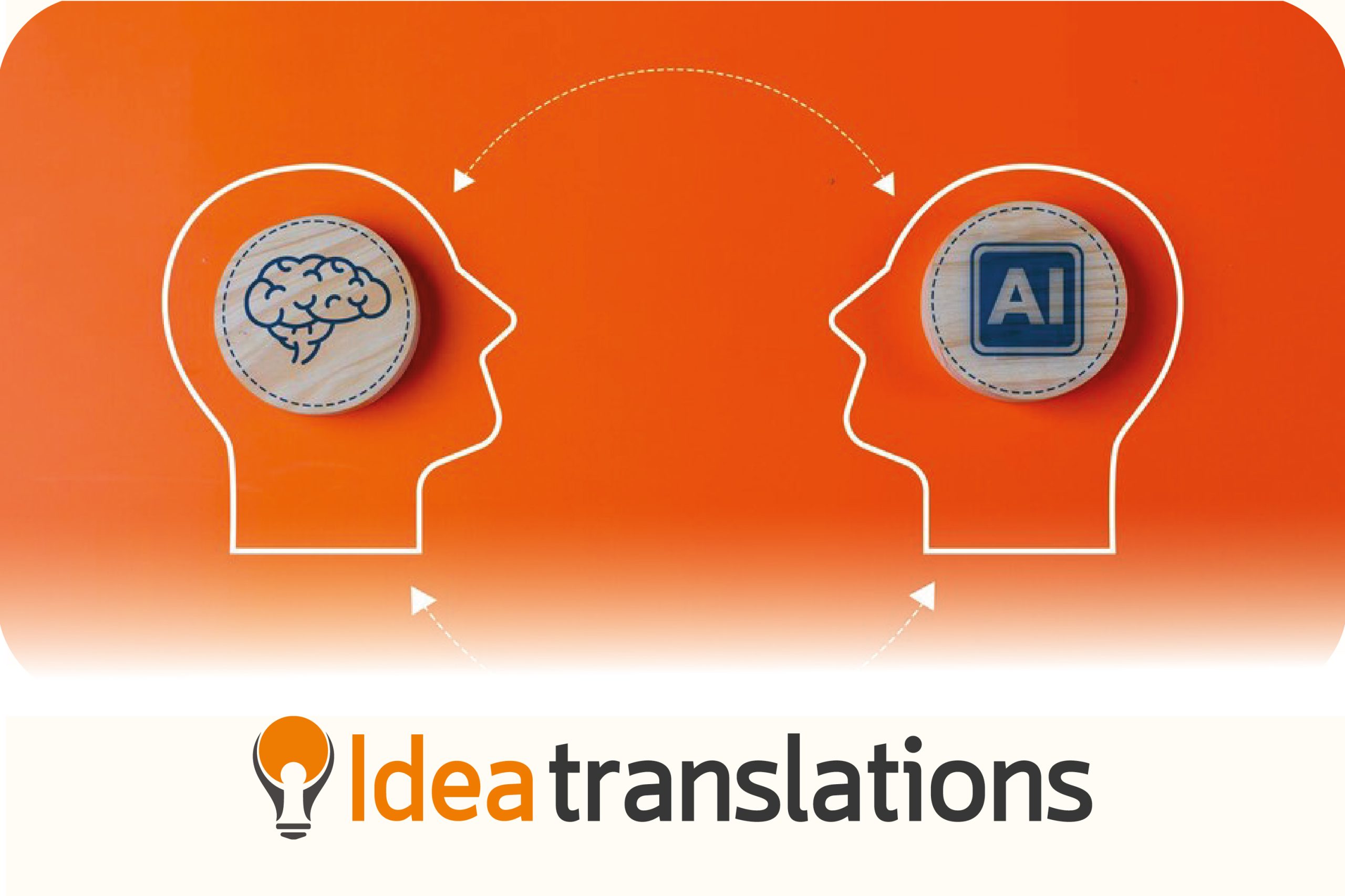
Translation Meets AI: What’s Ethical and What’s Not?
AI and translation: a match made in efficiency heaven or a murky ethical minefield? In an era dominated by artificial intelligence, the rules of the game are shifting, and the translation industry isn’t immune. But here’s the big question: Are we staying on the ethical side of the line? Let’s talk mistranslations, plagiarism, confidentiality breaches, and even budget dilemmas.
Ready to crack this code? Let’s go!
Ethics 101: What’s the Right Thing to Do?
Quick detour: Did you know the word “ethics” comes from the Greek éthos? It’s all about morality, defining right from wrong, and creating standards for fair play. In the world of translation, ethics is the foundation that protects everyone involved: authors, clients, translators, and the end-users. But when AI enters the chat, things get… complicated. Is using AI cheating? Or is it a tool that can elevate translation when handled responsibly?
The Dark Side of Translation: What to Avoid
• Mistranslations:
AI tools can expedite the translation process, but their limitations pose significant risks. A mistranslation caused by AI often stems from a lack of contextual understanding, cultural nuance, or sensitivity to tone. These errors can result in distorted messages, miscommunication, or even legal ramifications. Relying solely on AI for tasks beyond its capabilities risks stripping the original text of its voice, intent, and meaning. While AI can assist, ethical translators must double-check, revise, and ensure that the final product remains true to the source. Trusting AI blindly not only undermines quality but could also compromise the translator’s credibility.
• Plagiarism:
AI systems often draw from vast amounts of pre-existing data, raising questions about originality. When a translator uncritically copies AI-generated outputs or reuses them without proper attribution, they blur the line between assistance and plagiarism. Ethical translation requires a balance: AI should act as a tool, not a crutch. Passing off AI-generated translations as purely human work is misleading and diminishes the translator’s professional integrity.
• Confidentiality Breaches:
Using AI in translation introduces new vulnerabilities in data handling. Uploading sensitive documents—legal contracts, medical records, or proprietary information—into AI systems without proper safeguards can lead to unauthorized data exposure. Many AI platforms retain user input for algorithm training, creating potential privacy risks. Ethical translators must be vigilant, using AI tools that prioritize data protection and implementing strict confidentiality protocols.
Leaks of sensitive information are not just unethical; they could land you in serious legal trouble.
• Budget Balancing:
AI tools that save you time? That’s a win! But here’s the catch: if you’re getting the job done faster, is it ethical to keep the budget the same? Transparency and fairness are key here. The more efficient you become, the more important it is to balance out the budget and build trust with your clients.
Can AI Be a Hero and Not a Villain?
AI isn’t the bad guy here—it’s how we use it that matters. Picture this: using AI to speed up your workflow while still keeping that human touch. It’s about balance. Let AI handle the heavy lifting, while you bring the creativity, nuance, and context that only a human can provide.
A Job with Power and Responsibility
AI doesn’t change the fact that translation is a field grounded in ethics. Even without AI, unethical behavior has always been a problem. The good news? A dedicated, well-intentioned professional will always find a way to do the right thing. Whether it’s avoiding mistranslations, steering clear of plagiarism, or being transparent with budgets—ethics should be at the heart of everything you do.
Because ethics isn’t just about what’s easy or profitable; it’s about respect—for the client, the original author, and the art of translation itself.
At Idea Translations, ethics and respect aren’t just buzzwords—they’re the core of who we are. We’re committed to doing what’s right, always. From treating our clients with care to handling every project with integrity, we build trust with respect, transparency, and professionalism. Ethics isn’t a nice-to-have; it’s our foundation. And it’s what drives us every single day.



